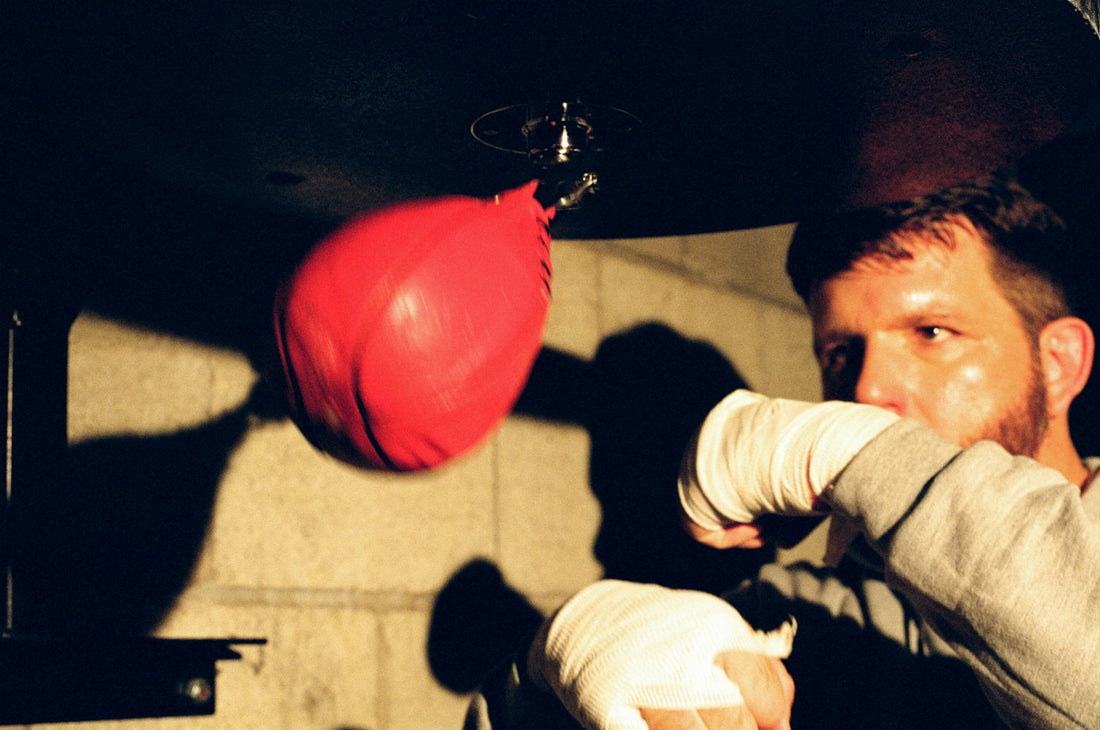
Does Creatine Cause Hair Loss
It's a concern that crosses the minds of many fitness enthusiasts and athletes who supplement their workout regimen with creatine: Does Creatine Cause Hair Loss? This intriguing question has sparked numerous debates, research studies, and clinical trials over the years, with varying results. The apprehension often stems from the potential link between creatine and DHT (Dihydrotestosterone), a hormone associated with hair loss. But is there really a cause for worry?
Understanding the relationship between creatine and hair loss requires a dive into the scientific realm. It involves exploring the nature of creatine, its effects on DHT levels, and the impact it may have on your scalp's health.
In this article, we'll unravel the truth behind the claims, relying on scientific evidence and expert opinions to guide our exploration.
Research on Creatine and Hair Loss
When it comes to the link between creatine and hair loss, scientific research presents a complex picture. Numerous studies have been conducted, with some suggesting a potential correlation, while others find no significant link at all. Let's delve into the existing research to better understand the possible connections.
One study that often arises in discussions about creatine and hair loss was published in the "Clinical Journal of Sport Medicine" in 2009. This research involved rugby players who were given creatine supplements. The study observed an increase in the levels of Dihydrotestosterone (DHT) in those who used creatine. DHT, a hormone derived from testosterone, has been linked to male pattern baldness when it is present in high levels. However, it's important to note, this study did not directly investigate hair loss, but rather hormonal changes.
"The study observed an increase in the levels of Dihydrotestosterone (DHT) in those who used creatine."
Conversely, other studies have found no direct connection between creatine use and hair loss. A review published in the "Journal of the International Society of Sports Nutrition" in 2017 examined over 300 studies on creatine and found no reported side effects related to hair loss. Similarly, a 2019 study in the "Journal of Strength and Conditioning Research" concluded that long-term creatine supplementation does not result in adverse health effects, including hair loss.
"A review examined over 300 studies on creatine and found no reported side effects related to hair loss."
It's essential to understand that individual responses to creatine can vary greatly. Factors such as genetics, overall health, and lifestyle can influence how one's body reacts to this supplement. While the scientific community continues to investigate the relationship between creatine and hair loss, it is clear that more research is needed to definitively determine whether there is a direct causal link.
What is clear from the research is that creatine, as a widely used supplement, is generally considered safe when taken at recommended doses. However, as with any supplement, it is always best to consult with a healthcare provider before starting a new regimen, especially for individuals with pre-existing health conditions or those taking other medications.
What is Creatine and How Does it Work?
Creatine is a naturally occurring substance in your body, primarily found in your muscles. It's also available as a popular dietary supplement, widely used in the fitness and bodybuilding community due to its role in energy production during high-intensity workouts. As you delve deeper into understanding creatine, you'll find that its relationship with your body is complex yet significant.
When you consume creatine, either from your diet or as a supplement, it gets converted into phosphocreatine and stored in your muscle cells. This phosphocreatine then serves as a form of quick-release energy during high-intensity, short-duration exercises such as weightlifting or sprinting.
The benefits of creatine are well-documented. According to numerous studies, creatine supplementation can:
- Enhance strength and muscle mass
- Improve high-intensity exercise performance
- Speed up muscle recovery
- Boost brain function
With these benefits in mind, it's easy to see why creatine has become a staple supplement for many exercise enthusiasts and athletes. But as with any substance you put into your body, it’s important to consider potential side effects. One concern that has been raised in connection with creatine use is hair loss.
There's a hypothesis that creatine may increase the levels of Dihydrotestosterone (DHT) in your body. DHT is a hormone known to contribute to hair loss in men. However, it's important to note that this is largely based on a single study, and further research is required to establish a definitive link between creatine consumption and hair loss.
Understanding how creatine works and its potential effects on your body allows you to make informed decisions about its use. Always consult with a healthcare professional before starting any new supplementation regimen.
Conclusion: The Verdict on Creatine and Hair Loss
After extensive research and analysis, we conclude that there is no substantial evidence to link creatine with hair loss. While some individuals may have reported hair loss while using creatine, this is not necessarily indicative of a direct correlation.
Let's consider the key points that led us to this conclusion:
- No definitive scientific studies: There is no significant scientific research that definitively proves creatine causes hair loss. The study frequently cited that suggests a link between increased DHT levels and creatine usage was limited in scope and was not specifically designed to investigate hair loss.
- Genetic predisposition: Hair loss is primarily driven by genetic factors. If you are predisposed to male pattern baldness, your hair follicles may be more sensitive to DHT, but this would be the case whether you are taking creatine or not.
- Other factors: Stress, poor diet, lack of sleep and various other lifestyle factors can contribute significantly to hair loss. It's essential to consider the entirety of your lifestyle when examining potential causes.
Therefore, it's crucial not to leap to conclusions about creatine and hair loss. Instead, a balanced, holistic view of your lifestyle and genetics should be taken into account.
To further illustrate, let's look at a comparison between the potential causes of hair loss.
| Causes of Hair Loss | Potential Impact |
|---|---|
| Genetic predisposition | High |
| Stress | High |
| Poor diet | Medium |
| Lack of sleep | Medium |
| Creatine usage | Low to None (unproven) |
Final Thoughts
In conclusion, while it's understandable that the potential link between creatine and hair loss could cause concern, it's important to examine the facts with a clear and reasoned eye. There is currently no compelling evidence that directly links creatine usage with hair loss. As with any supplement, responsible use and regular monitoring of your health are key to ensuring a balance between maximizing physical performance and maintaining overall well-being.


